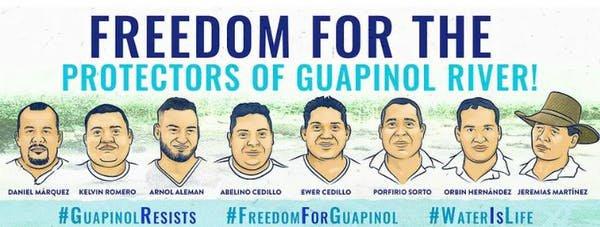Migrants from Haiti, Cuba, Venezuela, Cameroon, and other parts of Africa and Latin America are once again mobilizing in Tapachula to protest their treatment by Mexican immigration authorities. The latest demonstrations have been building for weeks, with the same grievances that have led to cycles of protests and multiple caravan attempts going back to 2020: The Mexican government refuses to let people leave Chiapas until their asylum claims have been processed by COMAR, and COMAR is backlogged with growing requests and thus months behind. “We are looking for a way to get out of Chiapas because in Chiapas there is no way to live because people are treating you like animals, your rights are being violated. So if we are refugees we are fighting so that we can get out and looking for a way to live so that we can eat.”
- Home
- About Us
- Issues
- Countries
- Rapid Response Network
- Young Adults
- Get Involved
- Calendar
- Donate
- Blog

